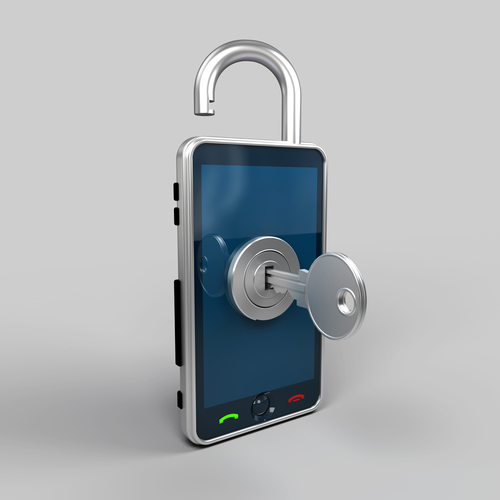

Five Must-Haves For Mobile Security At Your Business
There are a number of advantages to becoming a more mobile business. Employees are able to access data from virtually anywhere, which can make them more productive and give them access to vital information when meeting with clients. It’s also much easier for them to collaborate with others. There’s also the bring your own device trend that allows employees to integrate their own mobile devices into their work. All of these allow for more productivity and connectivity, but they also all introduce new security concerns. At Network World, Ed Tittel lists some best practices all business owners should be familiar with for dealing with mobile security.
- Anti-malware software
With more smartphones being used worldwide and more valuable data being accessed with them, it stands to reason that they’re becoming a more valuable target for criminals. Attacks have been observed on both iOS and Android devices. For devices that are used to access company data, you can’t afford to let them connect to your network without proper security apps in place.
- VPNs
Typically, mobile communications are relatively easy for hackers to intercept. That’s why most experts recommend the use of a VPN, or virtual private network, to encrypt all communications between mobile devices and company servers. Cloud storage and an employee’s smartphone may both be properly protected, but when data is transferred between them there exists a vulnerability. Using a VPN eliminates that threat.
- Authentication
If a device is used to access company data, it should be secured with multiple forms of authentication. It goes without saying that smartphones should require a password to unlock, but newer devices also allow for fingerprint scanning or even facial or vocal recognition. In addition, companies need to plan ahead for cases when devices are lost or stolen. The ability to remotely lock and wipe lost devices is vital to security.
- No Third Party Software
Once an employee begins using their mobile device for work, they lose the ability to use whatever software they choose. There must be some consideration to the security of the device and the company’s data. Completely blocking the downloading and using of third party software is one way. Another is to allow exceptions once IT or management is informed that an individual wants to download a third party application and it’s been cleared.
- Test And Audit
If you feel that you’ve put all the necessary precautions into place, you need to test to make sure there are no penetration points you’ve missed. How else will you be sure that your company’s data is protected from threats? Regular testing allows you to find vulnerabilities before the criminals do.
For help with the security at your business, contact Geek Rescue at 918-369-4335.
February 14th, 2014









